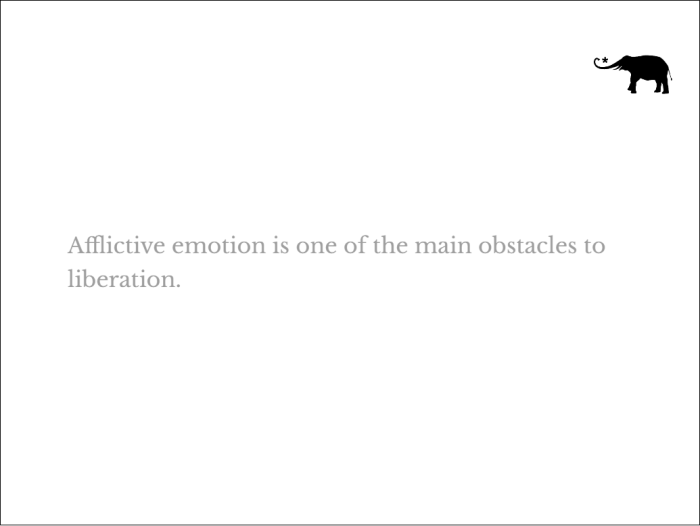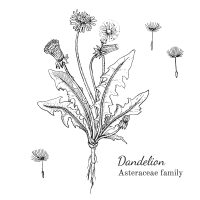Today I am a writer, a new student of the Elephant Academy. The second week marches by as I scramble to grasp the ropes of the essential elements of mere participation. It’s moving fast; I’m hanging by a thread. I like to think I’m technologically agile but I feel challenged and irrationally angry. As much as I hate to admit it, there’s a feeling like a child’s tantrum bubbling somewhere below. It’s not likely to erupt, but there’s no mistaking its unsettled energy down there.
The 85 or so others in my cohort and I are assigned to write and post something for public consumption by Friday. The prompt is about vulnerability. I want to do this. I instinctively change my pen name to protect myself, my jewels, my reputation.
Oh anger, the child’s tantrum, and self-protection – those are the things. In the book my longtime dharma pals and I are currently reading, the author says afflictive emotion is one of the main obstacles to liberation. I know what he means, after all these years of meditating, studying and practicing the dharma, applying it unassumingly to the real lives of myself and others.
Liberation in Buddhist terminology means freedom from suffering, and we’re taught that the path is learning not to cling to things or push them away. As we get the feel for letting things be as they are, we gain more capacity to cultivate wholesome qualities. Depending on the brand of Buddhism you’re talking about, the main focus might be on insight, wisdom, compassion, concentration, emptiness, or freeing all beings from suffering, not just yourself. Because after all, Buddhism teaches, we’re not really separate anyway.
Afflictive emotion points directly to our own personal psychological issues. Contrary to popular perception, Buddhism recognizes these as valid. We’re here in human form and as such, we can’t get around having emotions. It’s our job to take care of them, and learning to do that is as big a step on the path to freedom as seeing beyond. Going straight to freedom without paying attention to our humanness is what we call a bypass, and it results in an outcome that’s false. Ironically, we learn that honoring and tending our human flaws is the only direct way through.
It can be hard to calm afflictive emotion down, but as long as it consumes our attention and energy, we’ll have trouble seeing beyond the limited reality of the personal self to the more mysterious, less graspable realm of liberation.
Back to my rumblings of childlike anger held deeply within. First, I bow. I acknowledge the anger as mine and remind myself it’s in my care. I tap into my training to experience the sensation of the anger itself rather than letting my attention hurtle to the object of the anger – in this case my frustration with myself and the technology. I know I’ll get caught there in an endless loop of rational thought. The anger itself feels like this: prickly and agitated, like it wants out, somewhere in my chest area. I don’t like it, and I don’t think it’s healthy. I put my judgment aside and sit that red pulsating blob down in a chair in my mind where I can squat beside it and take it by the shoulders. Tell me, I say. I’m listening. I’m right here.
The one who squats and listens is the transformative piece here. Recognizing that the capacity is within us to turn toward, pay attention, and care for that vexing feeling as if it were our own child – this is the path to making peace with afflictive emotion. And one step closer to freedom.












Read 4 comments and reply